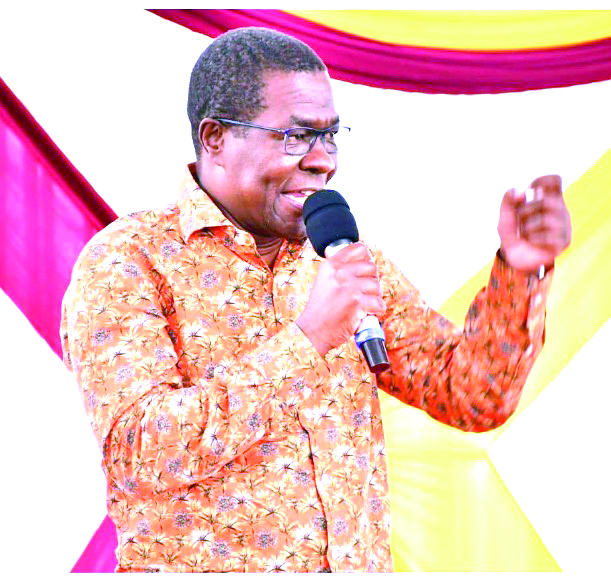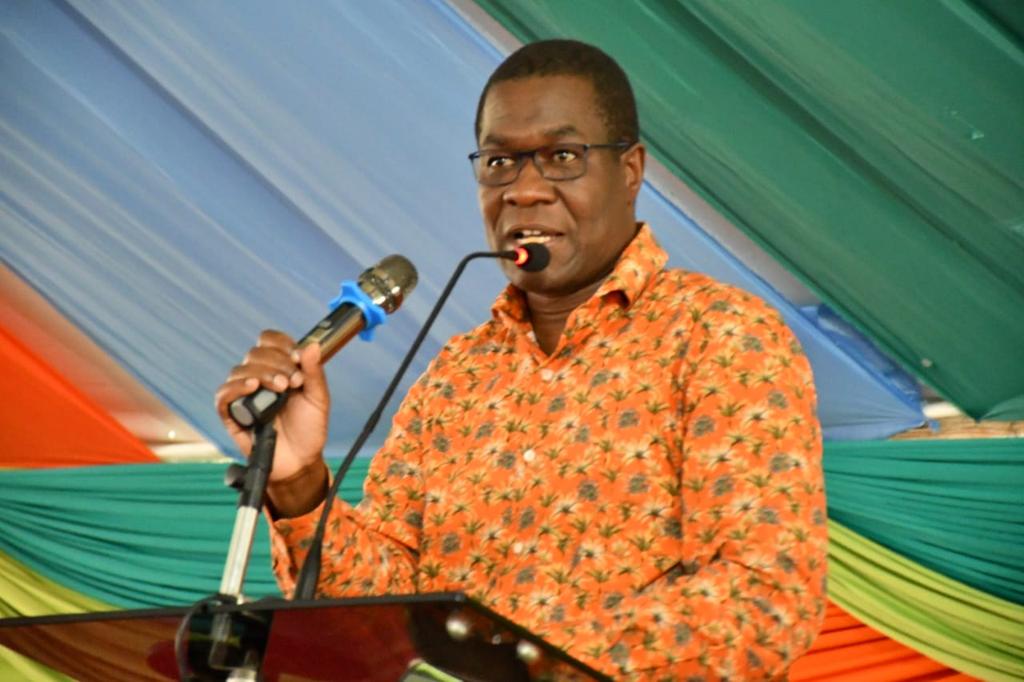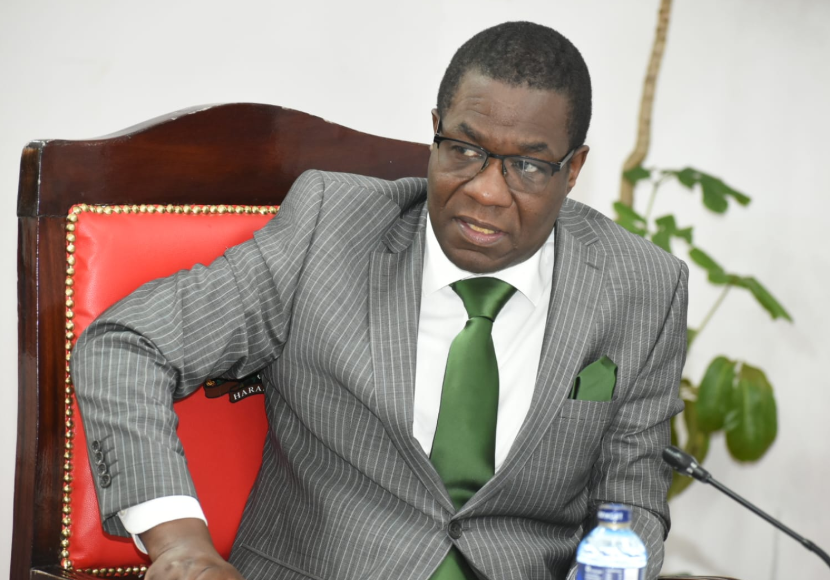State unveils plans to scale up co-generation, Bioethanol production

The government plans to expand cogeneration and bioethanol production as part of its commitment to achieving universal access to clean energy by 2030 through sugarcane by-products.
Energy Cabinet Secretary Opiyo Wandayi, the push for a diversified energy mix is meant to meet the country’s rising electricity demand while addressing climate change concerns.
He stressed that cogeneration—producing electricity and useful heat simultaneously—and bioethanol sourced from the sugar sector are among the most sustainable alternatives to fossil fuels and traditional biomass as Kenya moves to harness new energy potentials.
“To accelerate progress, the State Department for Energy, in collaboration with the sugar sector, has rolled out initiatives to scale up cogeneration and bioethanol production,’’ said Wandayi.
Growing demand
Despite Kenya producing 11.3 million litres of ethanol annually, the country faces a growing demand of over 40 million litres per year, a shortfall currently filled through imports, which the state is keen to address. “The demand is expected to increase fivefold by 2035, presenting both a challenge and an opportunity for local production and we want to focus on new innovations and leverage on advanced technology to harness bioethanol potential in the sugar industry,’’ the CS said.
Wandayi noted that the sugar industry currently has the potential to generate 196 MW of electricity, but this capacity remains largely underutilised. With increased investment, he said, the sector could surpass 300 MW, providing a stable and clean energy source to help Kenya achieve its goal of 100 per cent clean energy and electricity access by 2030.
Speaking in Kisumu during the Cogeneration and Bioethanol Conference 2025, Wandayi reiterated that the initiative aligns with Sustainable Development Goal (SDG) 7, which focuses on providing modern, reliable, and sustainable energy for all while mitigating climate change.
“We have set national targets to ensure universal access to electricity and clean cooking by 2030, driving socio-economic transformation,” he said, adding that they are also fulfilling international commitments under frameworks such as the Nationally Determined Contributions (NDCs) in the fight against climate change.















